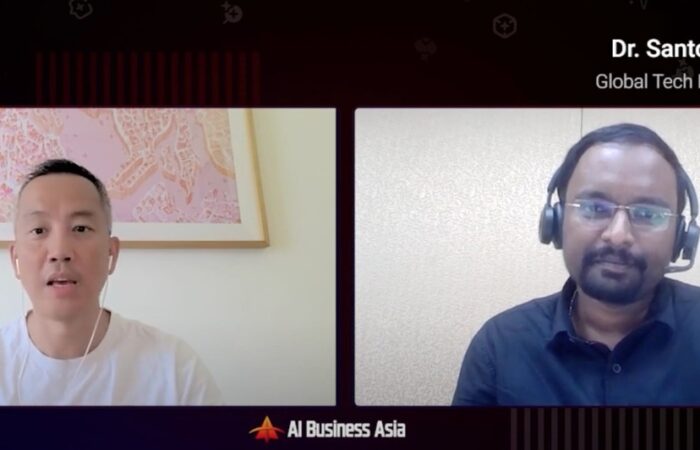
A review on the key points discussed in the 1st episode of the AI Business Asia Podcast with Dr. Ashley Fernandez, Chief AI & Data Officer of HUAWEI.
If you want to check out the episode → Spotify | Apple | RSS
The Evolution of AI Development
Dr. Fernandez outlines the significant transformation in AI development over the years. Initially, the field relied heavily on classical machine learning, requiring data scientists to possess deep technical expertise to build models from scratch. However, the advent of user-friendly tools and APIs has democratized access to AI, enabling a broader range of professionals to engage with technology without extensive training. While this accessibility has accelerated AI adoption, it has also led to a decline in foundational skills among practitioners, as many now focus primarily on using existing tools rather than understanding the underlying principles of AI.
The Impact on Creativity and Problem-Solving
The discussion highlights a concerning trend: as AI tools become more accessible, there is a risk of diminishing creativity and problem-solving capabilities among developers. Generative AI drives a subtle dependency, often bypassing fundamental cognitive processes like acquiring and synthesizing information. This dependency can affect our ability to discover, rationalize, and imagine, as we forgo the steps that build and append to our cognitive repositories.
The current emphasis on mastering software stacks detracts from learning fundamental concepts such as statistics, algorithms, and data structures. This shift may inhibit developers’ ability to innovate and customize solutions, as they become overly reliant on pre-built functionalities without understanding how to manipulate them effectively.
The Role of Education and Skills Development
The importance of a solid educational foundation in AI and data science is emphasized in the discussion. He advocates for a curriculum that prioritizes core principles over tool proficiency, arguing that a strong grasp of fundamentals equips developers to tackle complex problems across various domains. This foundational knowledge enables professionals to adapt their skills to different industries, enhancing their versatility and problem-solving abilities.
The Balance Between Efficiency and Depth
While the efficiency gained from AI tools is undeniable, organizations must not sacrifice depth for speed. He illustrates this point with the example of a bank implementing a credit scoring model using automated machine learning (AutoML). Initially, such tools can help organizations achieve quick wins; however, as needs evolve, the ability to tweak and optimize models becomes crucial. Organizations that rely solely on automated solutions may find themselves plateauing in performance, unable to push the boundaries of innovation.
Embracing a Holistic Approach to AI
The conversation underscores the necessity for a balanced approach to AI implementation. Organizations should aim to empower their teams with both the tools for efficiency and the knowledge to innovate. A key suggestion is to foster an environment where team members can explore AI’s capabilities while also understanding its limitations will lead to more meaningful advancements.
Conclusion
The insights shared in this podcast episode serve as a crucial reminder for tech professionals and business leaders: while AI tools can enhance productivity, they must not replace the foundational knowledge that drives innovation. By prioritizing education and encouraging a deeper understanding of AI principles, organizations can better position themselves to harness the full potential of this transformative technology.
As the AI landscape continues to evolve, a commitment to both efficiency and depth will be essential for sustained competitive advantage.
We bring you new episodes every other week with AI experts on key AI topics and developments.
Make sure you’re subscribed to get notifications → Youtube | Spotify | Apple | RSS
Subscribe To Get Update Latest Blog Post








Leave Your Comment: